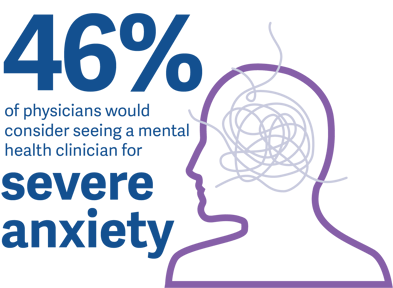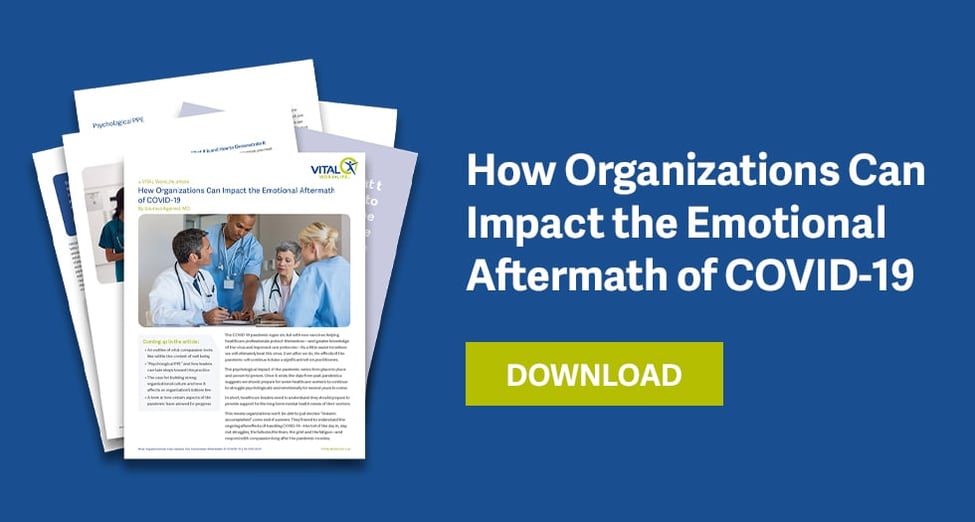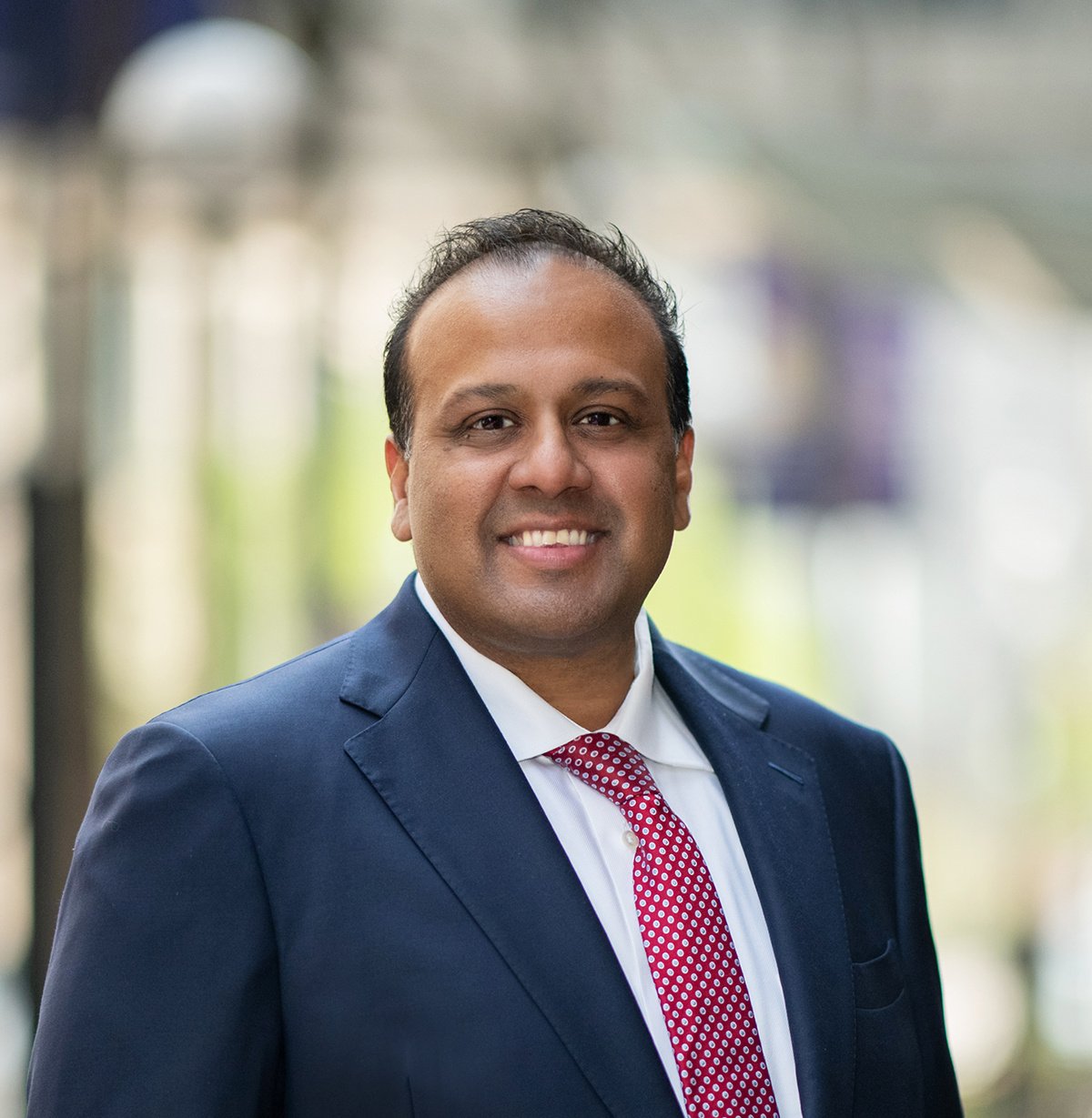As a healthcare leader, you understand the crucial value of personal protective equipment for your clinicians under COVID-19 conditions. Many organizations struggled to provide adequate masks, clothing and other PPE in the early phases of the pandemic—a struggle that continues in some places today.
 But “psychological PPE”—resources and measures to handle the huge emotional and mental toll the pandemic has taken on clinicians—has been equally important and will continue to be so, long after the pandemic is over. I estimate practitioners will be grappling with the emotional costs of battling COVID for two or more years after the pandemic has ended.
But “psychological PPE”—resources and measures to handle the huge emotional and mental toll the pandemic has taken on clinicians—has been equally important and will continue to be so, long after the pandemic is over. I estimate practitioners will be grappling with the emotional costs of battling COVID for two or more years after the pandemic has ended.
Protection for Mind and Heart
What is psychological PPE and what role do organizations play in providing it? Examples include educating all staff on the warning signs of emotional distress and burnout, putting sensible limits on work time, being transparent about leadership positions and roles and making mental- and emotional-health resources available and accessible.
It’s important to encourage clinicians to create their own psychological PPE too.1 This can be as simple as having healthy snacks on hand to avoid long spells without nourishment, staying as hydrated and rested as possible, controlling the intake of media and making use of mental health resources available.
Protecting the emotional and mental well being of clinicians, during and after COVID, takes cooperation between leadership and staff at every level.
For more on psychological PPE, see my article, “How Organizations Can Make an Impact on the Emotional Aftermath of COVID-19.”
Download our article, How Organizations Can Make an Impact on the Emotional Aftermath of COVID-19, by Guarava Agarwal, MD, to learn more about how healthcare organizations can take steps to ensure their team members are adequately cared for, in the present and long-term.



